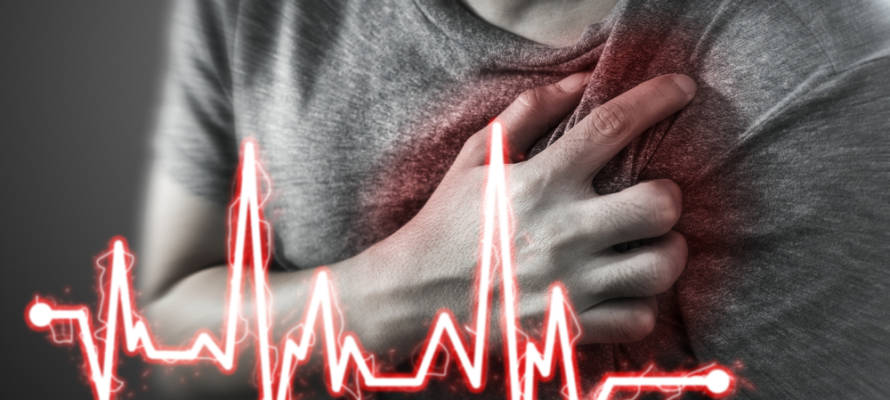The new Israeli test gives results in 10 minutes, instead of an hour, saving critical time during heart attacks.
By Yakir Benzion, United With Israel
Israeli researchers say a new saliva test could fast track heart attack diagnosis, the European Society of Cardiology reported.
Quickly and correctly diagnosing heart attacks is critical to saving lives, and the innovative Israel technique gives results in 10 minutes after patients simply spit into a tube, compared to at least one hour for the standard blood test.
Initial results indicate the test works and show promise for the future after the technique is refined and tested more.
A key element in determining if a person is suffering a heart attack and needs urgent treatment to restore blood flow to blocked arteries is a blood test to detect troponin, a protein released into the blood when the heart muscle is injured.
“There is a great need for a simple and rapid troponin test for patients with chest pain in the pre-hospital setting,” said Dr. Roi Westreich of the Soroka Medical Center in Beersheba. “Currently troponin testing uses blood samples. In this preliminary study we evaluated the feasibility of a novel method using saliva.”
Westreich said they developed the test and then tried it on 32 patients with heart muscle injury who they knew would have troponin in their blood and compared results with the spit of 13 healthy patients. The team used commercially available tests intended for blood, but adjusted them for saliva instead.
They found that 84 percent of the saliva samples from heart patients tested positive for troponin, while none of the healthy participants came back positive.
“This early work shows the presence of cardiac troponin in the saliva of patients with myocardial injury, Dr. Westreich said.
“Further research is needed to determine how long troponin stays in the saliva after a heart attack. In addition, we need to know how many patients would erroneously be diagnosed with heart attack and how many cases would be missed.”
The next steps are to expand the number of patients being studied and create a prototype for a cardiac troponin test using saliva.There’s no date yet for when the test will be available commercially.
“This prototype will be tailor-made for processed saliva and is expected to be more accurate than using a blood test on saliva,” said Dr. Westreich. “It will be calibrated to show positive results when saliva troponin levels are higher than a certain threshold and show a yes/no result like a pregnancy test.”
